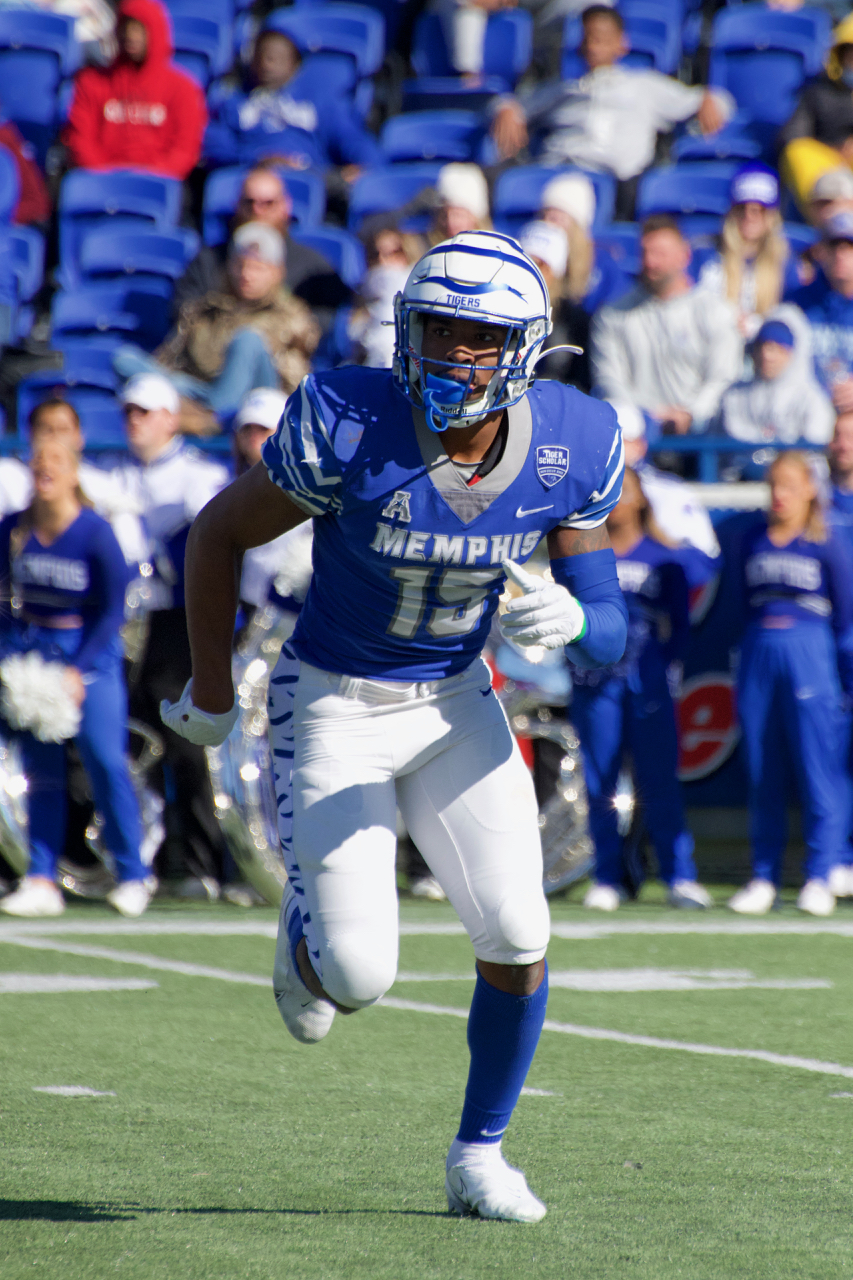The Memphis Tigers are bound for the Hawaii Bowl, where they’ll play a team from the Mountain West Conference on Friday, December 24th (their opponent remains to be determined). Memphis will appear in a postseason contest for the eighth season in a row, extending a program record that began after the 2014 campaign.
The Tigers gained bowl eligibility — a 6-6 record — in their final regular-season game, a 33-28 victory over Tulane last Saturday at the Liberty Bowl. Second-year Memphis coach Ryan Silverfield got emotional when asked about his initial reaction upon securing that precious sixth win. He didn’t use the word “relief,” but he did mention that 48 players missed at least one game this season and that “the adversity sucked.”
After starting the season 3-0 (including a home win over Mississippi State), the Tigers lost three straight games by a combined total of 12 points. They seemed to regain footing with a win over 23rd-ranked SMU on November 6th, but then stumbled a week later, losing in overtime at home to East Carolina. Memphis fell behind early in the regular-season finale last weekend, but capitalized on four Green Wave turnovers to secure the win.
Memphis quarterback Seth Henigan finished second in the American Athletic Conference with 3,322 passing yards and became the first Tiger freshman to top 3,000 in a season. Senior receiver Calvin Austin III led the AAC with 1,149 yards through the air and scored eight touchdowns. Memphis also featured the top two tacklers in the league, senior linebacker J.J. Russell (78 solo stops) and junior safety Quindell Johnson (66).
The Tigers struggled this season in large part due to a decline in their running game. Memphis finished third in the AAC in total offense (436 yards per game), but were next to last in rushing (137 yards per game). They also fell short in the kicking game, with David Kemp and Joe Doyle combining to convert merely 12 field goals in 12 games. Kemp, however, earned AAC Special Teams Player of the Week honors with his two field goals against Tulane.
The Hawaii Bowl has been played in Honolulu since 2002. (The 2020 game was cancelled amid pandemic restrictions.) This year’s event will be the first to be played on the University of Hawaii’s campus, at the Clarence T.C. Ching Athletics Complex, a stadium with a seating capacity of 9,000.
